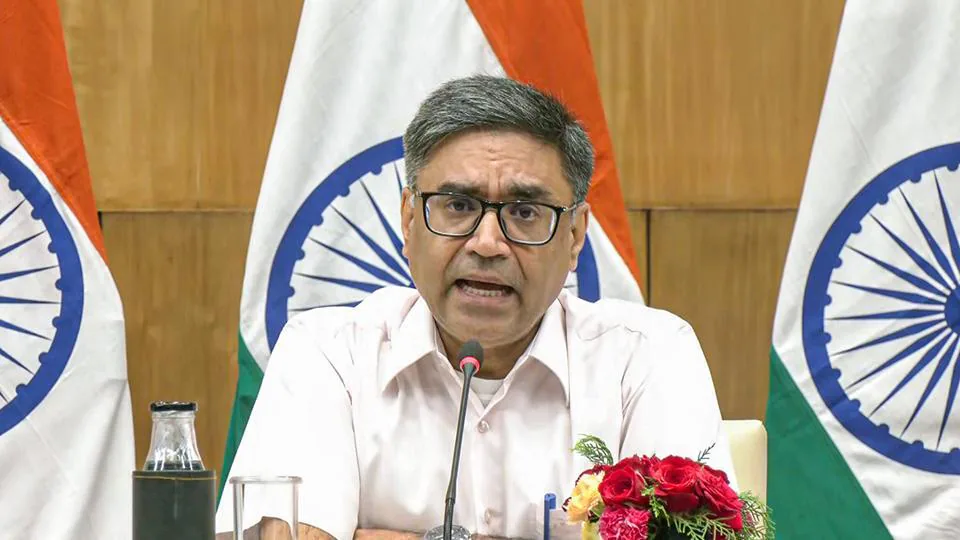Now Reading: Noor Wali Mehsud: The Militant Leader Who Sparked a Six-Day Conflict Between Pakistan and Afghanistan
-
01
Noor Wali Mehsud: The Militant Leader Who Sparked a Six-Day Conflict Between Pakistan and Afghanistan
Noor Wali Mehsud: The Militant Leader Who Sparked a Six-Day Conflict Between Pakistan and Afghanistan

In October 2025, a failed airstrike targeting Noor Wali Mehsud, the leader of Tehrik-e-Taliban Pakistan (TTP), ignited one of the most intense confrontations between Pakistan and Afghanistan in decades. The six-day conflict that ensued highlighted the growing influence of Mehsud and the escalating tensions in the region.
Background of Noor Wali Mehsud
Noor Wali Mehsud, a religious scholar and former judge, assumed leadership of the TTP in 2018 after the deaths of his predecessors. Under his command, the group has revitalized its operations, shifting focus from civilian targets to military and police forces. Mehsud’s leadership has been marked by a blend of ideological fervor and strategic acumen, enabling the TTP to regroup and intensify its activities, particularly in Pakistan’s northwest regions.
The Failed Strike and Its Aftermath
On October 9, 2025, a Pakistani airstrike targeted an armored vehicle in Kabul, believed to be carrying Mehsud. While initial reports suggested the strike had killed him, Mehsud later appeared in a video message from a mountainous region, claiming to be alive and unscathed. This incident triggered a six-day conflict marked by cross-border shelling, airstrikes, and significant casualties on both sides.
Impact on Regional Relations
The conflict strained relations between Pakistan and Afghanistan, with both nations accusing each other of harboring militants. Pakistan has long accused the Afghan Taliban of providing sanctuary to TTP fighters, a claim that Kabul denies. The resurgence of the TTP under Mehsud’s leadership has further complicated efforts to stabilize the region, drawing in international attention and concern.
Conclusion
Noor Wali Mehsud’s survival and the subsequent conflict underscore the persistent volatility in South Asia. His leadership has reinvigorated the TTP, posing a significant challenge to Pakistan’s security apparatus. The failed strike and its aftermath have not only intensified hostilities between Pakistan and Afghanistan but also highlighted the broader regional implications of militant resurgence. As both nations navigate this complex situation, the international community’s role in facilitating dialogue and de-escalation remains crucial.

























